The Worst Thing About Owning a Modern Car: Bad Customer Service
When you have a problem with your late-model car today, the single most infuriating and soul destroying part of the relationship is the experience after purchase. Here’s why…
The worst thing about owning a modern car is not the third-rate infotainment systems manufacturers inflict upon us, it's not all the computers, it's not even the badly engineered electronic nanny-state safety systems.
Nor is it the insufferable virtuous who think that their EV is from God.
The worst thing about owning a modern car is not usually even the vehicle itself.
The worst thing about having to own a modern car is the too-frequent necessary evil of dealing with the after-sales apparatus. Meaning, essentially, you have to waste your life hours with the service department. Let me explain.
The computer chip shortage - meaning the new car shortage - has been going on three years now, basically. It means revenue from new car sales has hit dealerships hard - because nobody gets paid until a new car actually gets delivered, and with waiting times on some models extending to over 12 months (like weirdly-popular Toyota RAV4 or LandCruiser 300 for example), this is a substantial financial roadblock for many dealerships.
Those dealerships have got bills to pay. So they’re looking to pump up the profits in other ways. Cue the service department - that trusty cash cow of yesteryear.
If they can convince you that your problem is not a warranty or consumer law job, they get to charge you the full price on the labour for the fix (not the discount rate the parent carmaker pays). Plus the customary extortionate markup on the parts. Plus the obligatory (and bullshit) diagnosis fee, because every good cake needs icing.
What I’m about to describe, dealers were already doing before the chip shortage gave them cashflow constipation. But now, many are doing it like their business depends on it, which is an extremely serious situation for consumers not looking for the signs of a commercial ambush.
My AutoExpert AFFORDABLE ROADSIDE ASSISTANCE PACKAGE
If you’re sick of paying through the neck for roadside assistance I’ve teamed up with 24/7 to offer AutoExpert readers nationwide roadside assistance from just $69 annually, plus there’s NO JOINING FEE
Full details here >>
AutoExpert DISCOUNT OLIGHT TORCHES
These flashlights are awesome. I carry the Olight Warrior Mini 2 every day - it’s tiny, robust, and super useful in the field or in the workshop. Olight is a terrific supporter of AutoExpert.
Use the code AEJC to get a 12% discount >>
CUSTOMER SERVICE DONE RIGHT
So, let’s say your car develops a problem, and you think it should be covered under warranty or under consumer law.
Both situations, of course, are basically hinged on the fact you must get the car serviced on time and you otherwise don’t abuse it.
These faults have, hypothetically developed within a reasonable period of ownership, which are not wear and tear, need to be fixed for free.
You walk in with this quite reasonable expectation of being looked after, having your problem fixed. Because you spent $50,000 or more with them, or something. The dealer sees you darken his door in this vulnerable, problem-beset state - he’s seeing more potential profit, depending on how gullible you are.
Let me contrast the ambient predatory behaviour of the car industry with the customer service I got from another industry I had to go to bat with as a consumer just recently.
You may have seen my new welding helmet, which I fitted with a headlamp to increase vision in darker areas, before you strike an arc. Check it out here >>
It’s called a Bossafe Atlas Pro, and it’s the first big-lens welding hood I’ve owned that’s also true colour. I enjoy using it. Having learned to weld back in the olden days, auto-darkening was still many years away.
So, compared with that, it’s extremely liberating having the big view area, and not looking at the job through some green-tinted stygian gloom, like a deleted scene from The Matrix, viewed through the flap in a letterbox.
Only problem is: it was Easter Monday, a long weekend pumping out the music, in the Fat Cave, spraying mad electrons everywhere and suddenly the helmet starts flashing me in the face, whenever I strike an arc, for about half a second, before it auto-darkens. And that’s really not supposed to happen.
This was only a mildly annoying problem. The lens in a modern welding helmet blocks infra-red and UV continuously, so I’m not really getting properly zapped. It’s just bright, and you can close your eyes for the first couple of seconds to avoid the flash, which defeats the purpose of having the lens.
But it is distracting, so Easter Monday evening I email Dynaweld, which is the parent company of Bossafe, using their online contact portal. I lay out the problem and ask them for advice - not discounting the possibility that I might be doing something stupid - and went to bed.
Tuesday morning - six minutes past nine - a dude named Adam from Dynaweld emails me back. He says, paraphrasing, ‘Yeah, sounds like a faulty lens module. Send us your address and we’ll send you out a replacement, with a reply-paid envelope. Just slip the old lens in and we’ll send it back to our supplier.’
Amazing. Wednesday lunchtime, the new lens module arrives. I whip it in, run a few test beads. Good to go.
I was astounded because there was zero arguing the toss, bugger-all downtime, and two helpings of efficiency on the side. Well done, team Dynaweld. You could teach the car industry a thing or two. Twelve.
THE CAR INDUSTRY’S BIG BAG OF EXCUSES
In the car industry, the experience is more like this.
First up, you get told we can’t look at it for three weeks.
Three weeks later, ‘Sorry, it’s operating within factory specifications’. So, essentially, at that point you’re dealing with two competing versions of reality. Yours, in which the product is actually defective, and theirs, in which it’s not.
Then when you’ve really had a gutful and you return, fed up, certain that there’s a problem and it’s not going away, they clear the codes or do a factory reset. Give you some lip service, ‘All good now, mate.’ So, you drive around the block, and the problem recurs, more or less immediately, typically.
So you come back, and you’re properly offside now. Which the service department doesn’t give a shit about, frankly, because they see a great many people in your somewhat agitated state.
They say, ‘Ahh yes. I see it now. The lens is actually faulty. But that’s your fault because you exposed it to a very bright light. And heat. What were you thinking? We went to bat for you, because you look like a great bloke, but the carmaker has denied your warranty claim. So sorry.’
It’s even worse if you’re a woman, often enough. At least that’s what I’ve heard, and you probably have too.
So, then they’ll try to charge you $1300 for that new part, $1950 fitted. ‘We’ll have to ship the parts out of Germany. They’re on back-order. ETA: November,’ is what they typically say.
They probably also charged you a $400 ‘diagnosis fee’ to plug in their little computer and talk to the car for about 15 seconds - if it’s not something visibly obvious like a bung headlight module or something.
This is how relationships with brands get broken. That unique three-way of being stuffed around by experts in the first instance, then double-teamed by incompetence and extortion, as a kind of final two hurdles before the problem gets fixed… before recurring again, two month later.
I see this all the time. My inbox fills up with evidence of people at their wits end. Dealers and their commercial brand partners come up with all the same bullshit excuses as they attempt to slide their way out of their consumer law obligations. And admittedly, some brands are much better than others.
Pro Tip: To the car industry - my helmet is modified. I stuck a headlamp on it with Velcro. There’s no way this could cause the lens to malfunction, but, had it been a car, there would have been a conversation about this voiding the warranty. Changing the factory wheels for identically-sized aftermarket wheels is a common one. Using quality fit-for-purpose non-genuine parts when servicing is another typical one they use.
Maybe that’s why I was so shocked at the treatment I got from Dynaweld/Bossafe. In a good way. Because it really was first-rate. And it’s not because I’m some YouTuber. I bought the helmet with my own money - I did the research and decided that was the one I wanted. And I just paid for it. And I just reached out to them like an ordinary consumer with a problem - it’s not like I’ve got the marketing director on speed dial.
So, the upshot of this is: I enjoyed using that helmet before, in a borderline impartial way. But I’m a fan now. Big difference. However, if they’d behaved like a car dealership, I’d swear off the brand and never go near them again. This happens with car brands on a weekly basis and consumers should, rightly so, be sick and tired of dealerships and their respective brands treating them like crap.
This report is about acknowledging Dynaweld doing such a good customer service job, because that’s worth a mention, but mainly it’s about contrasting that to the diametrically opposite experience so many people have when their car fails them.
Australians rely on their cars. We live in them, day-in, day-out. Car companies and their dealers need to stop sooking about supply problems, stop using dealerships as cash-extraction operations and care for their existing customers to ensure they come back. Doing this, consumers will become quiet little brand ambassadors, instead of resentful, smearing, begrudging haters of everything you stand for.
The big question for me, which I cannot fathom, is: If a local Australian welding supply business in Prestons can provide really top-shelf customer care on a product that costs less than $200 - why does it continue to be so damn impossible for a great many multinational carmakers just to meet the minimum standard of consumer law compliance when it comes to supporting products costing roughly 200 times more?
Particularly when your entire relationship with that brand pivots on how this plays out. Riddle me that.




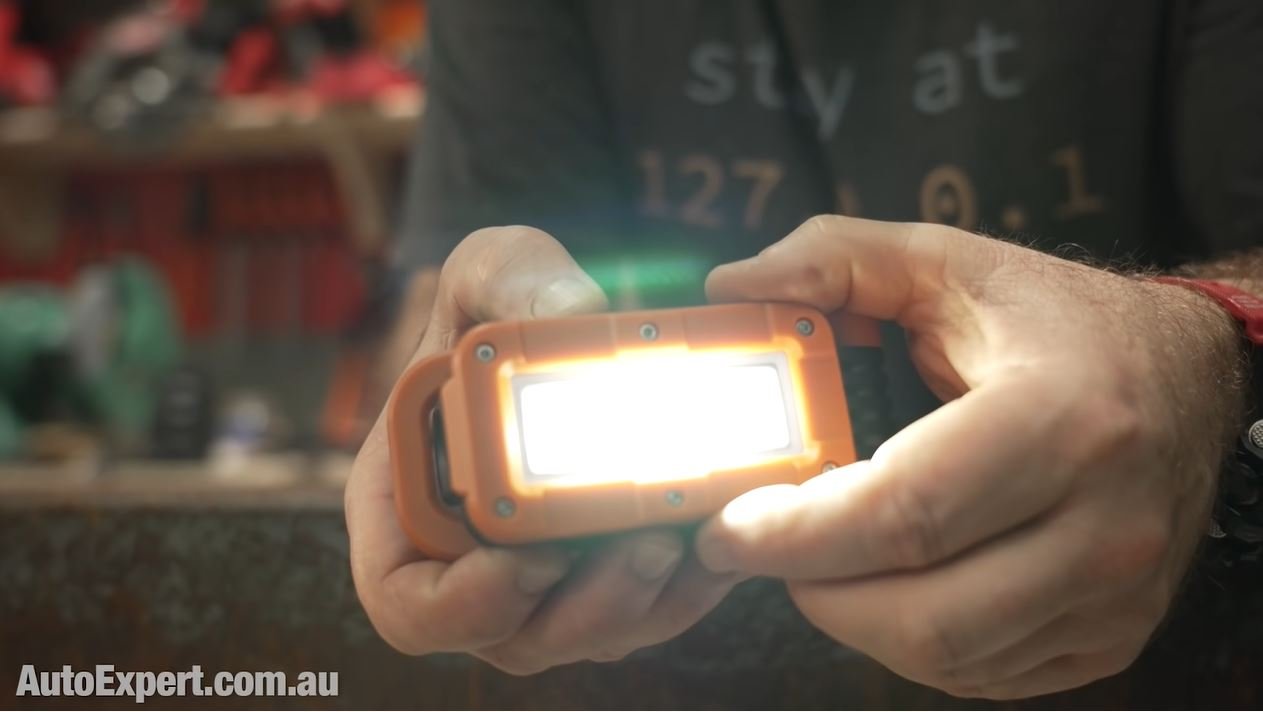
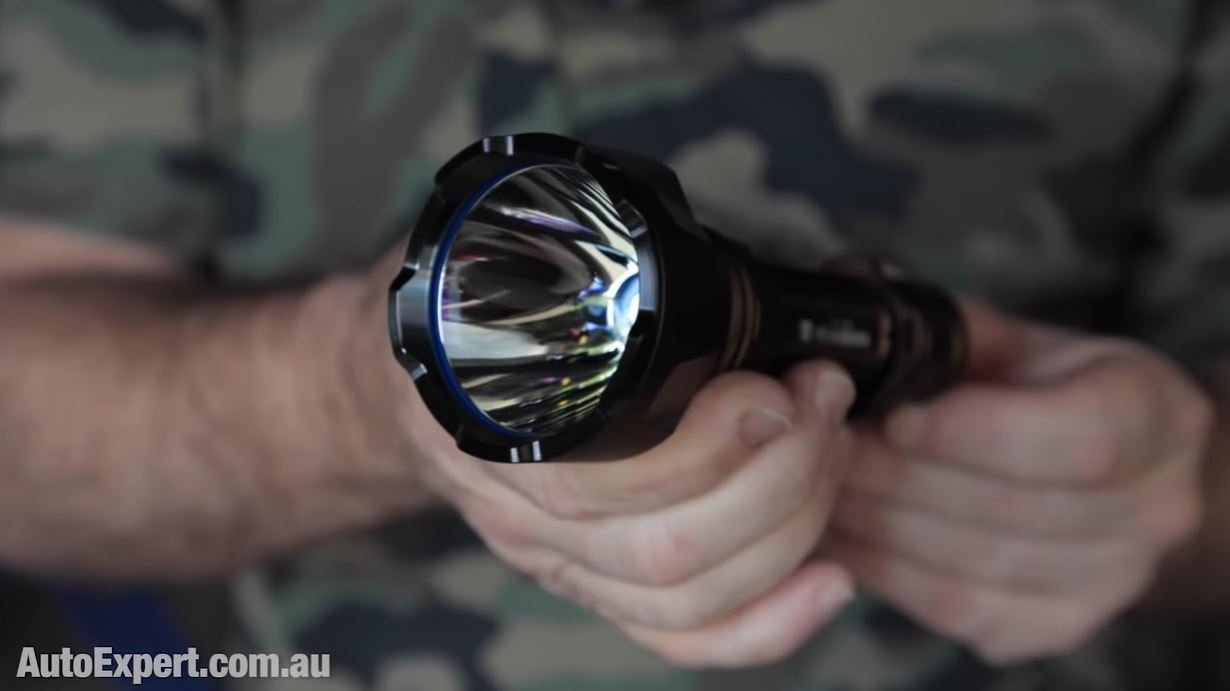
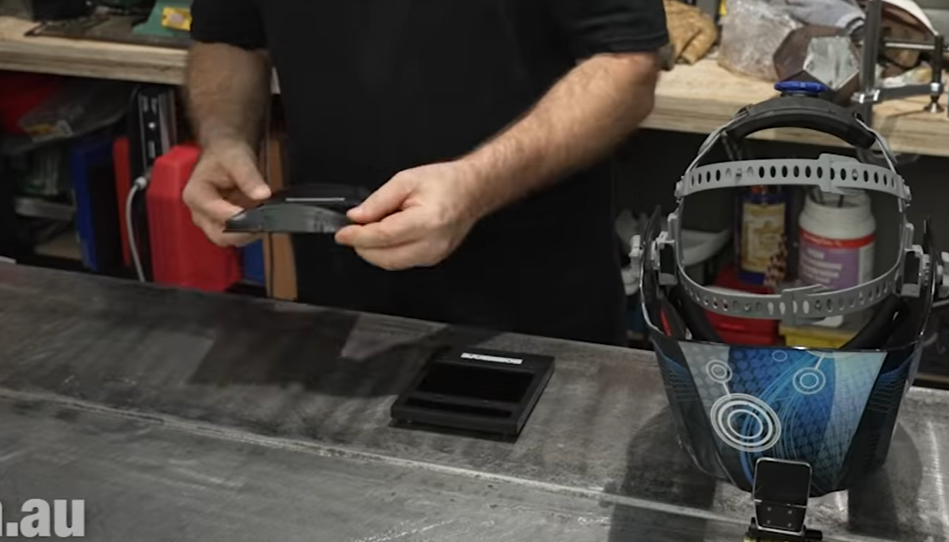
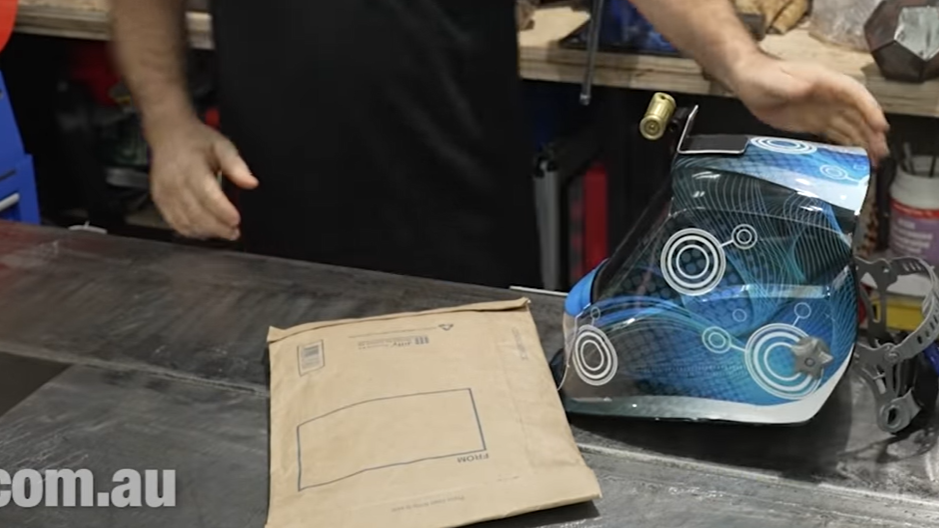
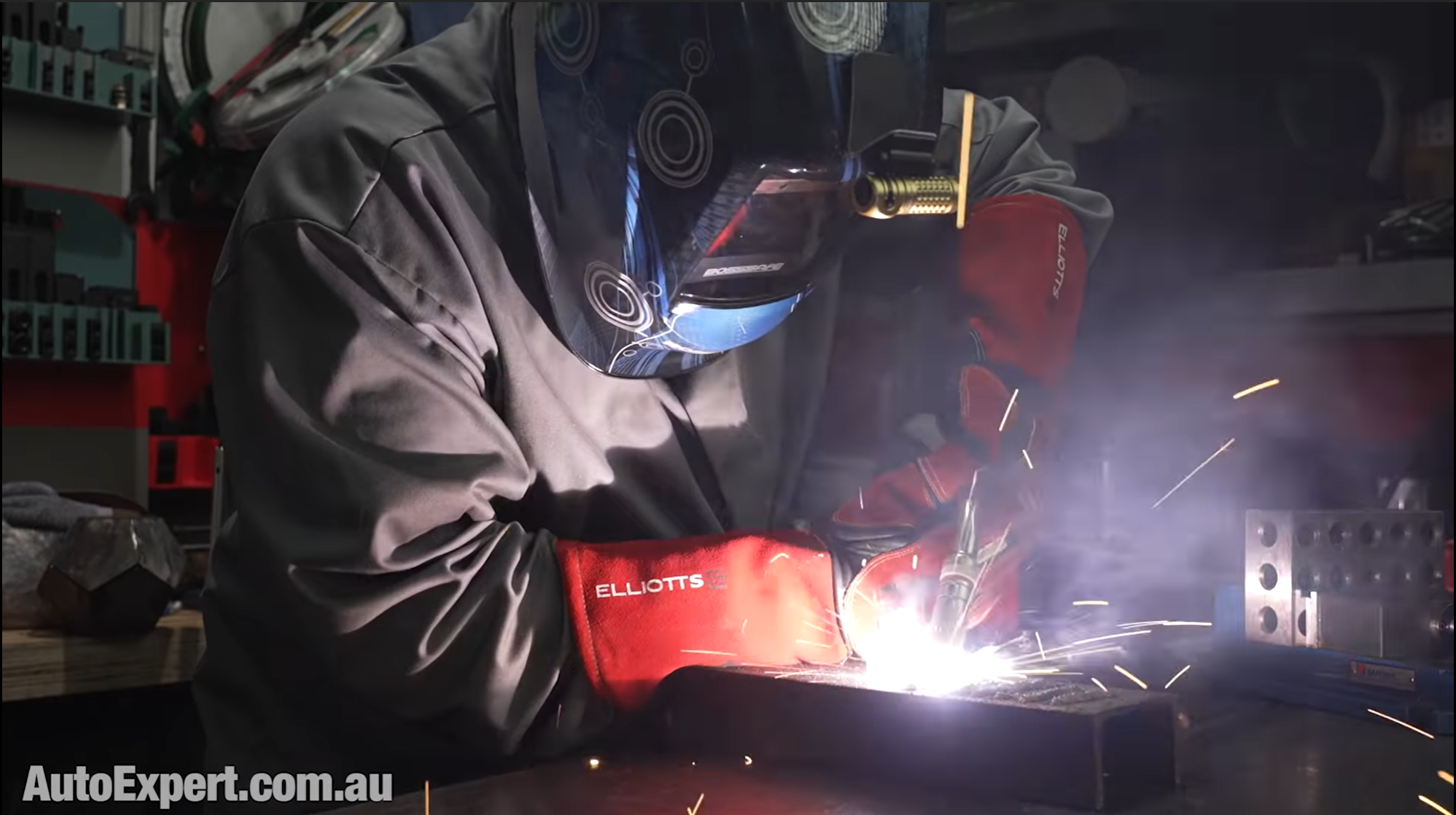
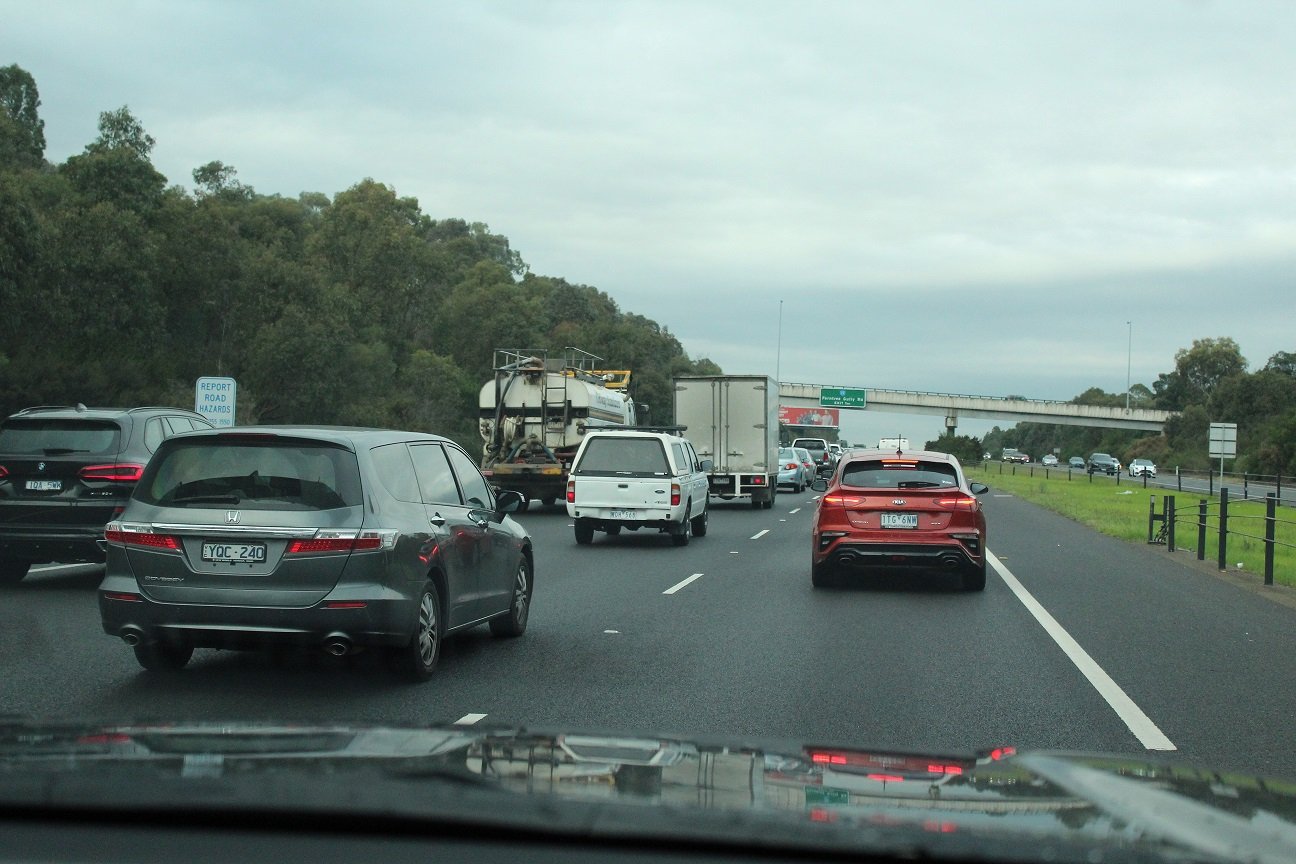
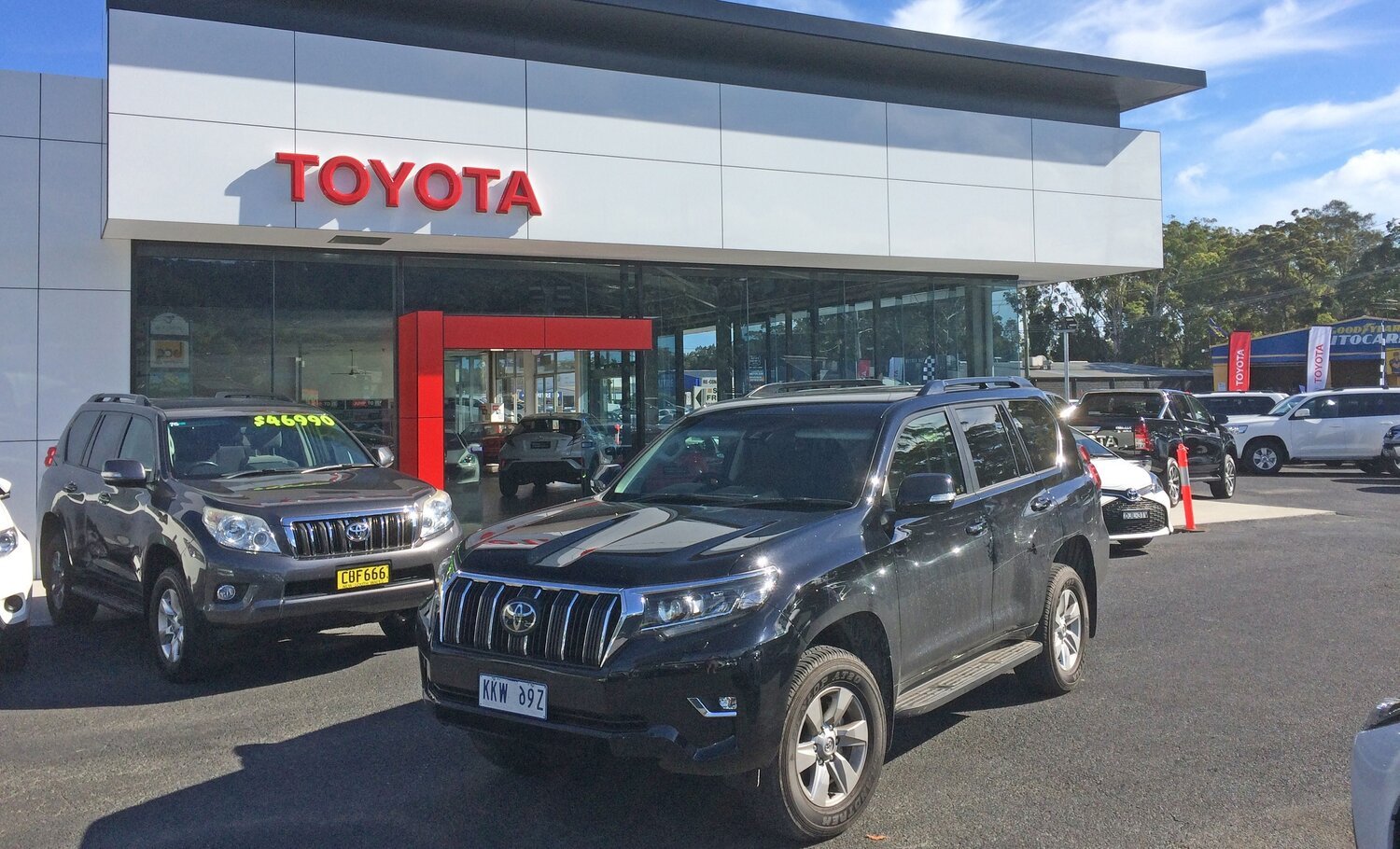






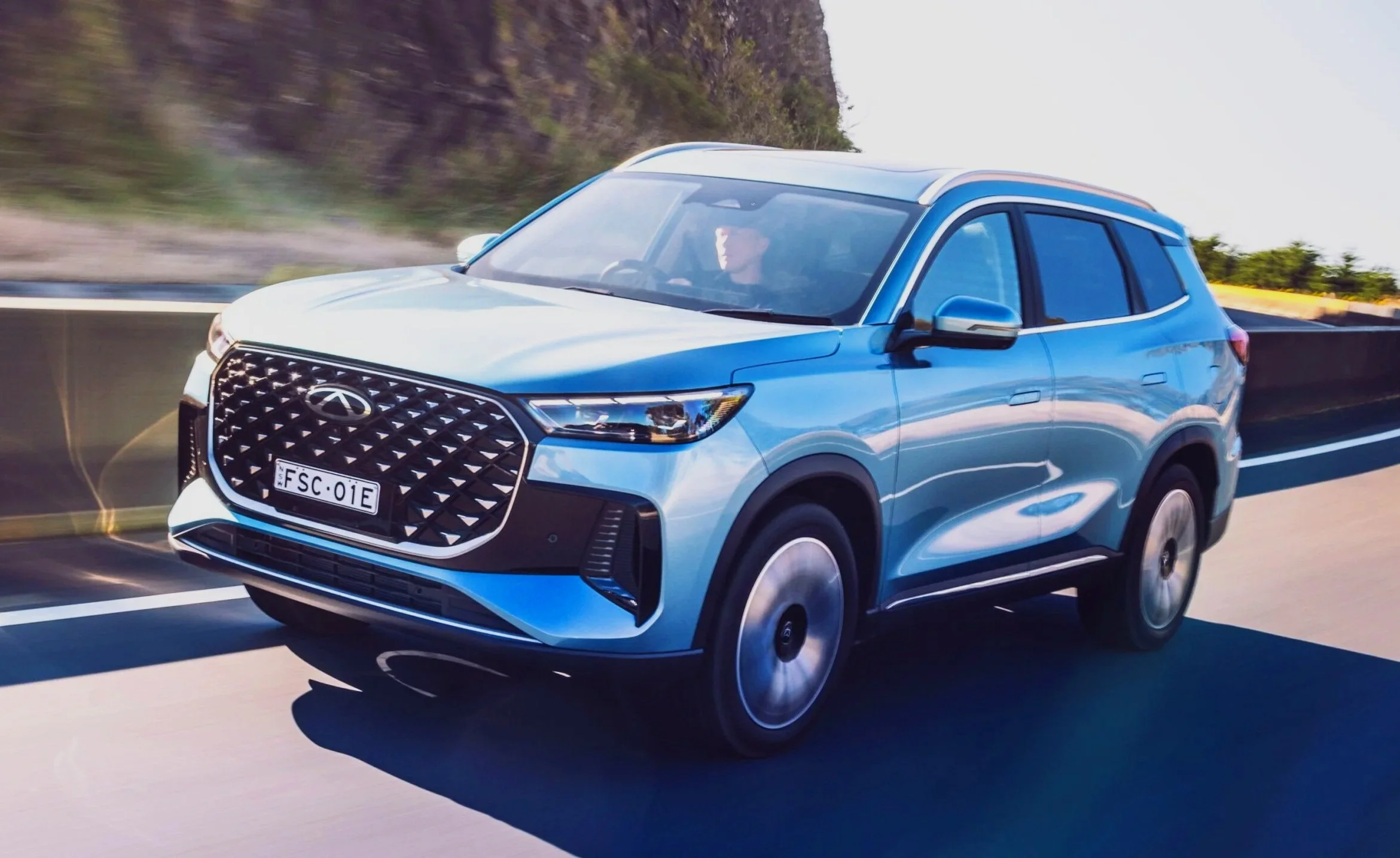
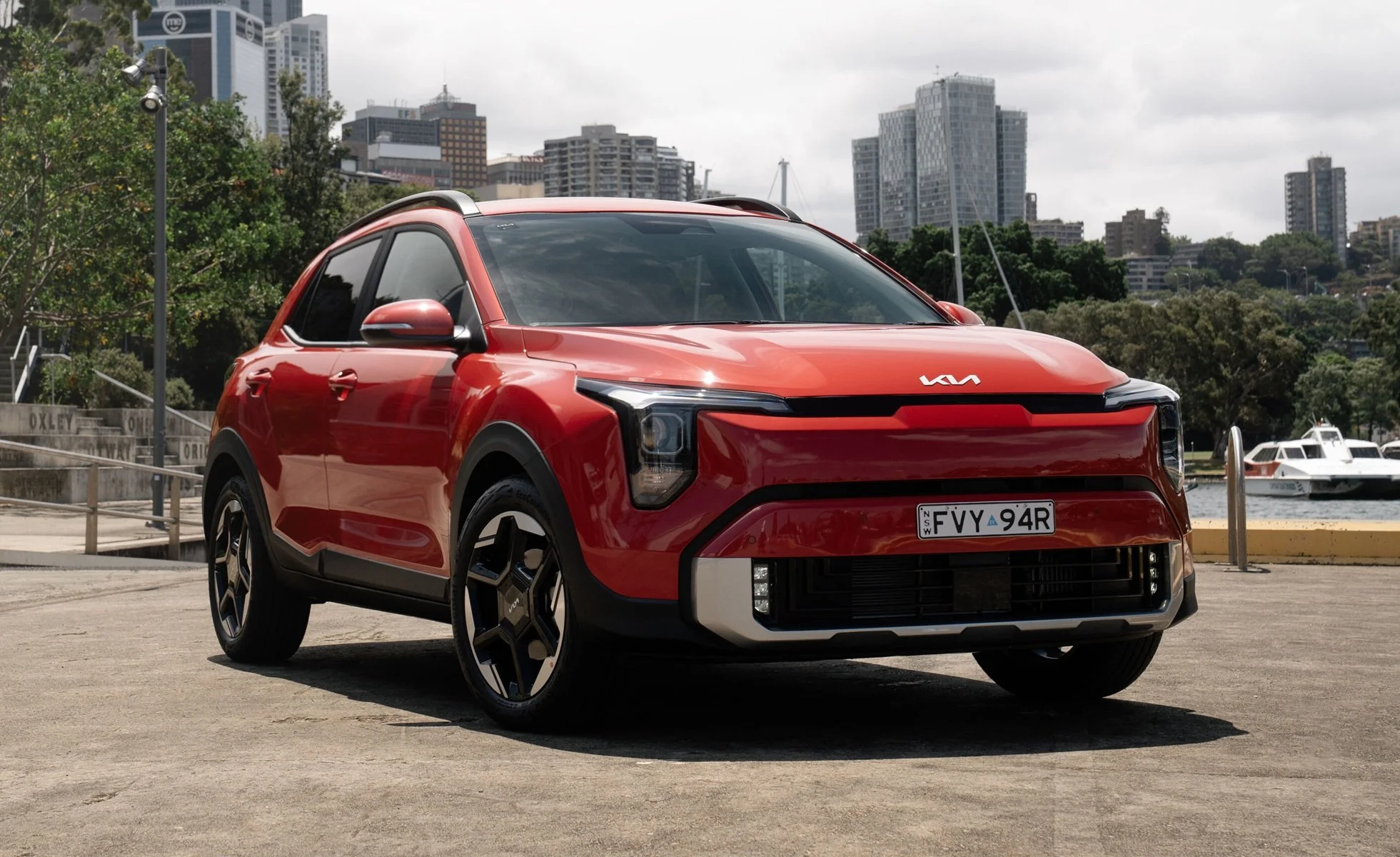
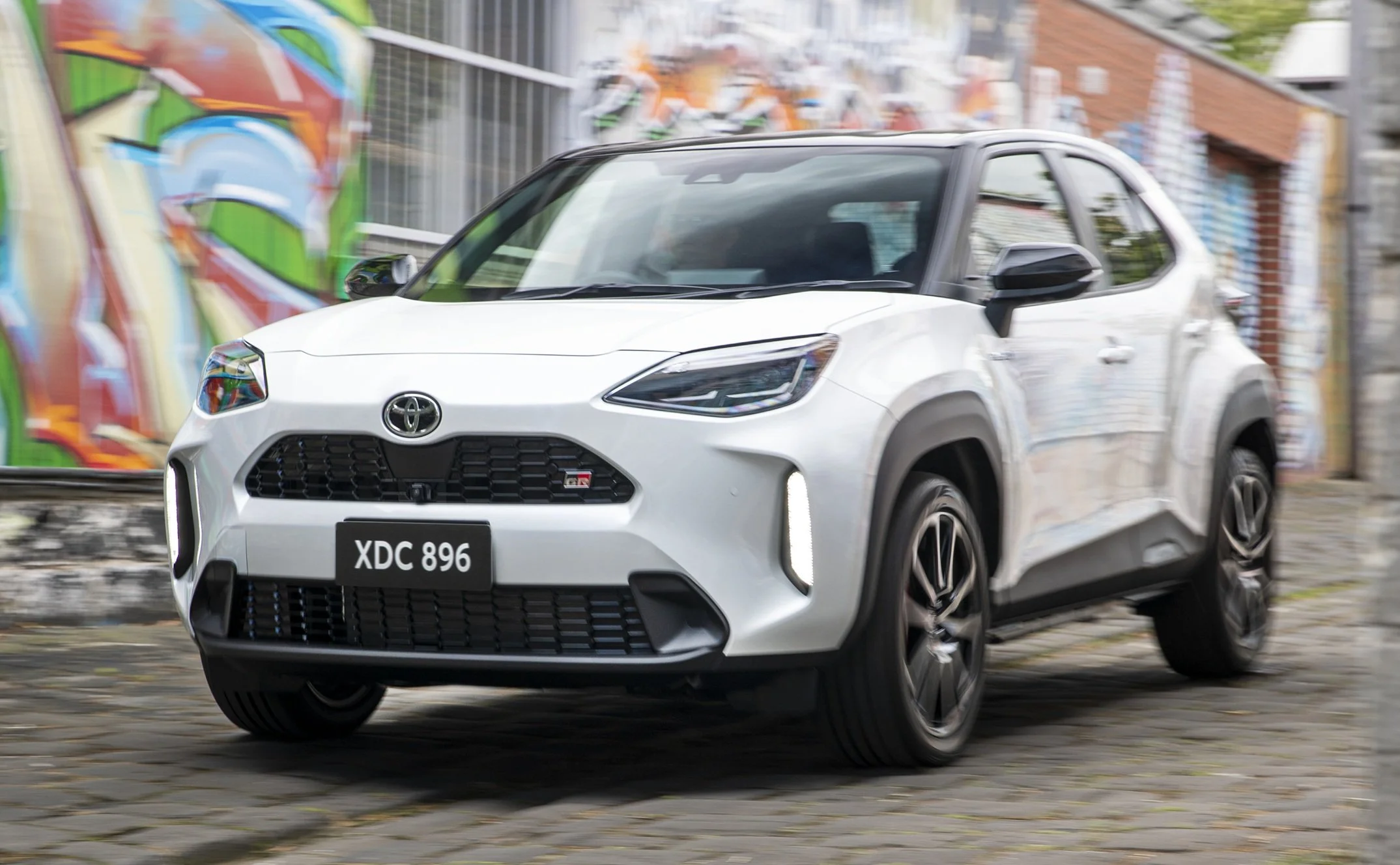


The Hyundai Palisade is a big, comfortable holiday machine for growing families and offers excellent value, generous 8-seat SUV space, and practicality on par with LandCruiser - but it’s $30K more affordable.